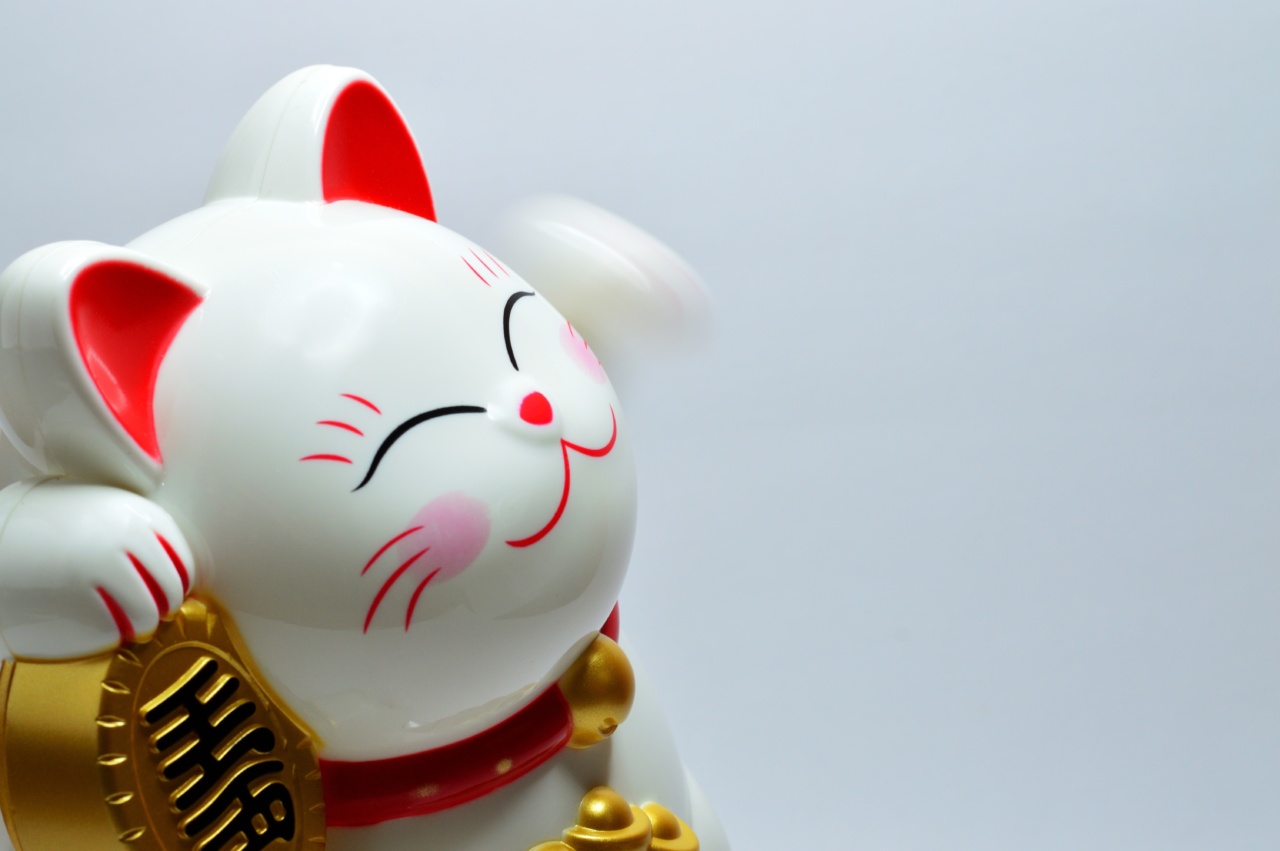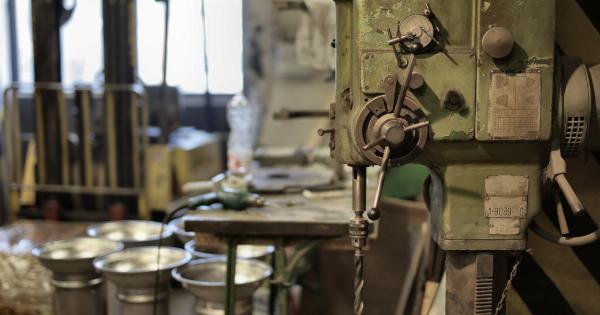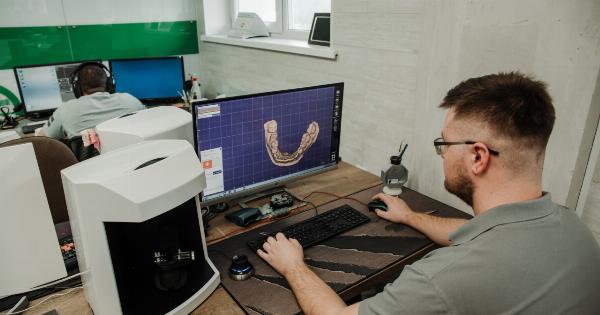In recent years, the world has witnessed significant advancements in the field of genetic engineering. One such breakthrough is the ability to clone animals.
While this technology raises ethical concerns, it has not deterred a Chinese firm from venturing into the controversial business of cloning cats and dogs. This article delves into the fascinating world of pet cloning, exploring the company’s endeavors, the science behind it, and the moral implications.
The Discovery of Cloning
Cloning, the process of creating a genetic copy of an organism, was first achieved in 1996 with the birth of Dolly the sheep. This groundbreaking achievement demonstrated the possibility of cloning mammals, sparking both excitement and controversy.
Since then, scientists have continued to refine and expand upon this technique, leading to remarkable advancements in the field.
Pet Cloning Takes Center Stage
Among the various applications of cloning technology, the concept of cloning beloved pets has gained significant attention.
This has paved the way for companies like Sinogene, a Chinese biotechnology firm, to offer commercial cloning services to individuals seeking to replicate their furry companions.
Sinogene: China’s Pioneer in Pet Cloning
Sinogene, headquartered in Beijing, has established itself as a prominent player in the pet cloning industry. The company boasts state-of-the-art laboratories and a team of skilled scientists dedicated to the cloning process.
Their primary focus is on cloning dogs and cats, catering to the desires of pet owners who wish to extend the lives of their four-legged family members.
The Cloning Process
Cloning a cat or a dog involves a complex and intricate procedure that spans several stages. The process begins with the extraction of genetic material, specifically DNA, from the animal to be cloned.
This DNA is then implanted into a donor egg, from which the nucleus has been removed. The egg, now carrying the genetic material of the desired pet, is stimulated to divide and transform into an early-stage embryo.
Finally, the embryo is transferred into a surrogate mother’s womb, where it will hopefully develop and result in a successful birth.
The Successes and Challenges
Sinogene claims to have successfully cloned numerous pets since its inception. However, the road to cloning triumphs has not been without its trials. While the success rate has improved over time, cloning remains a complex and delicate procedure.
Many factors can affect the outcome, including the quality of the genetic material, the health of the surrogate mother, and unforeseen developmental issues. These challenges highlight the need for extensive research and continued improvement in the field of pet cloning.
Ethical Concerns
As with any controversial scientific advancement, pet cloning raises numerous ethical concerns. Critics argue that cloning is an unnatural process that interferes with the natural order of life.
They question the welfare of surrogate mothers, who may undergo multiple procedures and experience potential health risks. Furthermore, skeptics are concerned about the psychological impact on pet owners, as cloned animals may not possess the same personality traits or behavior patterns as the original pets.
Legal Perspectives
The legality of pet cloning varies worldwide. Some countries, like the United Kingdom, explicitly prohibit the cloning of pets. Others, however, have more lenient regulations or simply lack legislation addressing this specific issue.
China, where Sinogene operates, does not currently have laws explicitly forbidding pet cloning. This legal ambiguity allows companies like Sinogene to thrive, providing cloning services to individuals who are willing to pay the exorbitant price tag.
Controversial Pricing and Accessibility
One significant obstacle to the widespread adoption of pet cloning is the prohibitively high cost associated with the procedure. Cloning a dog can cost upwards of $50,000, while a cat clone can set an owner back by approximately $35,000.
These astronomical prices place cloning out of reach for the majority of pet owners, shifting this service into the realm of the affluent and elite.
Future Implications
Despite the ethical concerns and limited accessibility, the field of pet cloning continues to evolve. Advances in technology and research may one day make cloning more accessible and affordable for a wider demographic.
Additionally, ongoing debates surrounding the ethical implications of cloning may lead to the implementation of stricter regulations governing pet cloning practices.
The Lasting Debate
The discussion surrounding pet cloning remains polarizing, with proponents heralding it as a way to preserve cherished memories and companionship, while opponents argue that it disrupts the natural course of life.
As the technology advances and society grapples with its moral implications, the fate of pet cloning remains uncertain. One thing is for certain—the debate shows no signs of fading away anytime soon.































